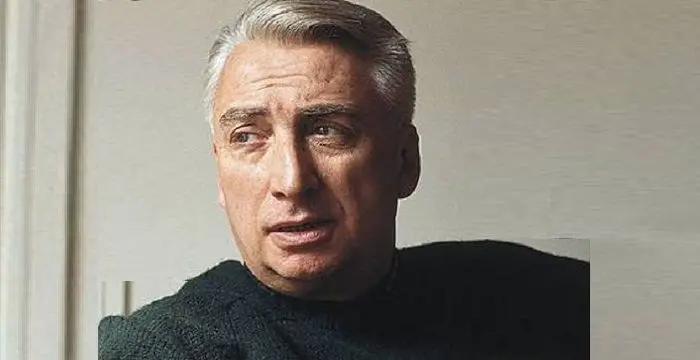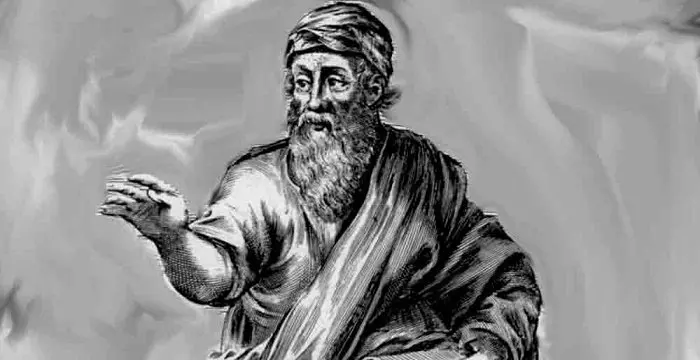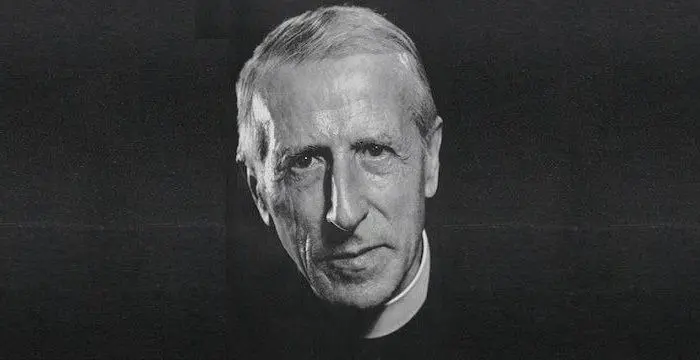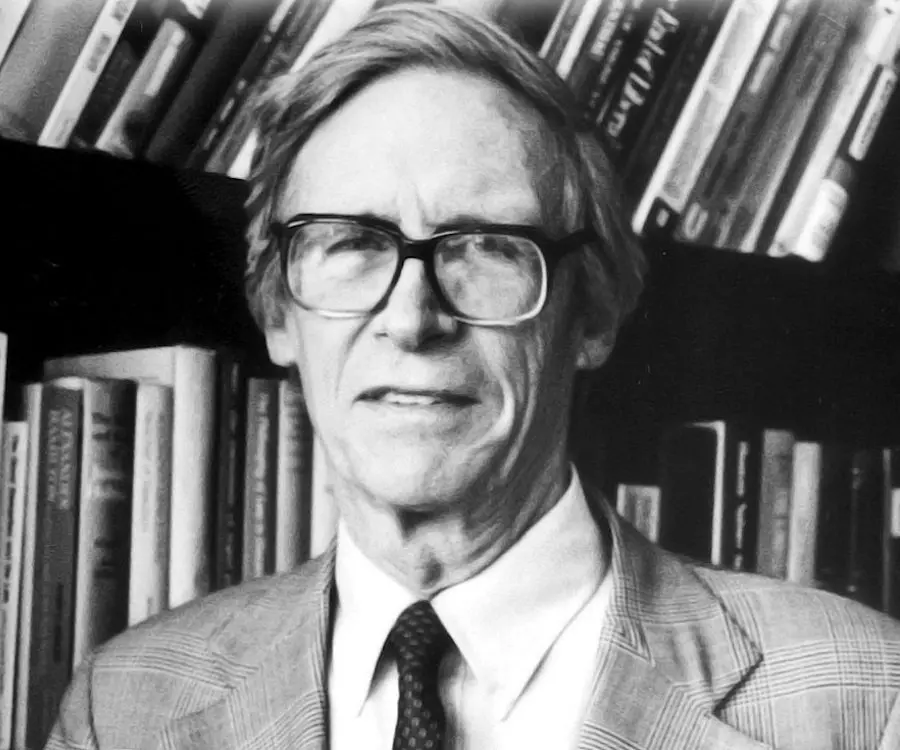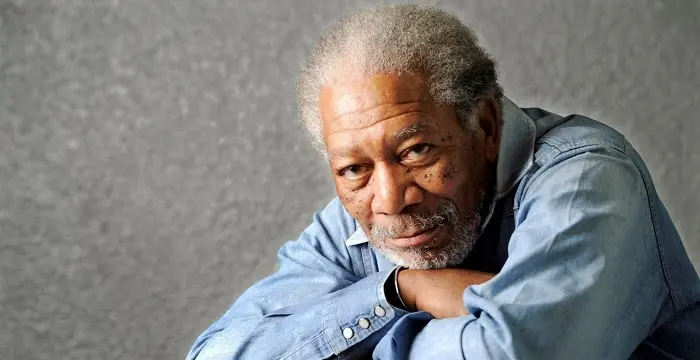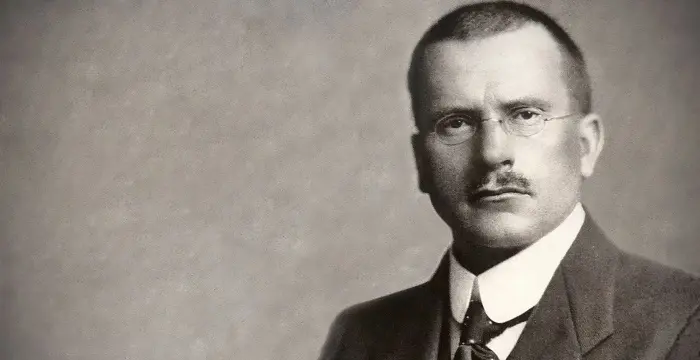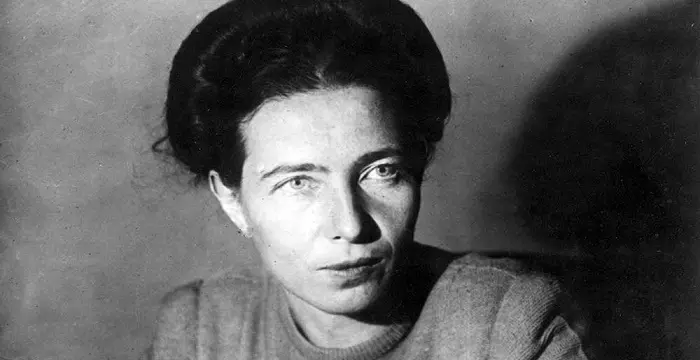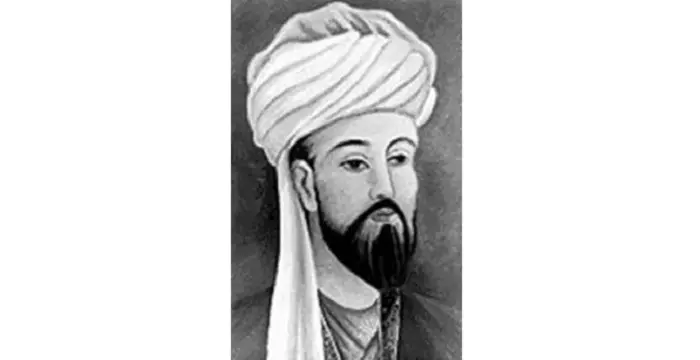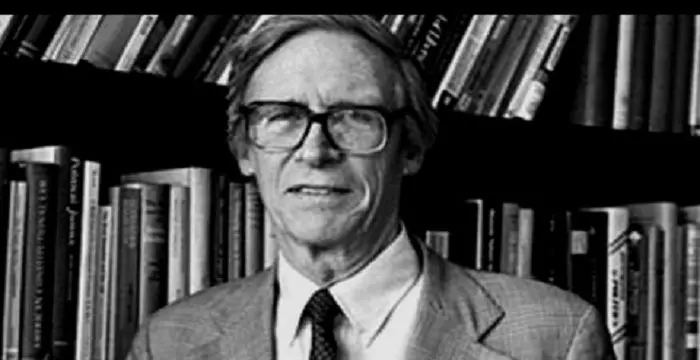
John Rawls - Philosophers, Family and Family
John Rawls's Personal Details
John Rawls was an American academician, philosopher and writer
| Information | Detail |
|---|---|
| Birthday | February 21, 1921 |
| Died on | November 24, 2002 |
| Nationality | American |
| Famous | Atheists, Princeton University, Intellectuals & Academics, Philosophers, Philosophers |
| City/State | Maryland |
| Spouses | Margaret Fox |
| Siblings | Bobby, Tommy |
| Known as | John Bordley Rawls |
| Universities |
|
| Notable Alumnis |
|
| Birth Place | Baltimore |
| Political Ideology | Political philosophy,, Liberalism |
| Religion | Western Philosophy |
| Gender | Male |
| Father | William Lee Rawls |
| Mother | Anna Abell Stump |
| Sun Sign | Pisces |
| Born in | Baltimore |
| Famous as | American Philosopher |
| Died at Age | 81 |
// Famous Philosophers
Roland Barthes
Roland Barthes was a French literary theorist, critic and semiotician. This biography profiles his childhood, life, works, achievements and timeline.
Pythagoras
Pythagoras of Samos was a Greek mathematician and philosopher. Read on to learn more about Pythagoras’s profile, childhood, life and timeline.
Pierre Teilhard de Chardin
Pierre Teilhard de Chardin was a famous French philosopher and a priest who was also known for his controversial writings. Read more about the life and works of this philosopher in the following article.
John Rawls's photo
Who is John Rawls?
John Rawls was one of the leading American philosophers who specialised in moral and political philosophy. He was the author of ‘A Theory of Justice', which is still considered to be one of the most important publications in political philosophy. He was awarded the Schock Prize for Logic and Philosophy and the National Humanities Medal. Apart from his career in philosophy, Rawls also served in the United States Army during the World War II, serving in the Pacific, New Guinea, Philippines and Japan. However, he quit the same after witnessing the Hiroshima bombing. Upon leaving the army, he continued his education and went on to obtain his Ph.D. from the Princeton University. He later taught at the Harvard University, where he remained for around 40 years.
// Famous Intellectuals & Academics
Bertil Gotthard Ohlin
Bertil Gotthard Ohlin was a famous Swedish economist. This biography profiles his childhood, family life & achievements.
Emily Greene Balch
Emily Greene Balch was an American economist, sociologist and pacifist who won the 1946 Nobel Peace Prize. This biography of Emily Greene Balch provides detailed information about her childhood, life, achievements, works & timeline.
Martin Buber
One of the greatest philosophers to have ever walked on earth, Martin Buber contributions to philosophy is a long-standing one. Explore all about his profile, childhood, life and timeline here.
Childhood & Early Life
John Rawls was born in Baltimore, Maryland, to William Lee Rawls, an attorney and Anna Abell Stump Rawls. He suffered from an emotional turmoil early on, when two of his brothers died in childhood due to fatal illnesses.
He briefly attended a school in Baltimore after which he enrolled at the Kent School in Connecticut. In 1939, he enrolled at the Princeton University.
In 1943, soon after obtaining a degree in arts, he was commissioned into the United States Army. He served during the World War II but left the army, after witnessing the Hiroshima bombing.
Withdrawing his service from the army, he got enrolled again at the Princeton University in 1946, to secure a PhD in the field of moral philosophy.
In 1950, he published the thesis titled, ‘A Study in the Grounds of Ethical Knowledge: Considered with Reference to Judgments on the Moral Worth of Character’.
Upon obtaining a PhD in 1950, he started teaching at the Princeton University - a position he held onto for two years.
Career
In 1951, he published 'Outline of a Decision Procedure for Ethics', in the Cornell University journal titled, ‘Philosophical Review'. In the same journal, he also wrote, ‘Justice as Fairness' and 'The Sense of Justice'.
In 1952, he was awarded the Fulbright Fellowship to Oxford University. He returned to the United States of America, where he initially worked as an assistant professor and later became the associate professor at the Cornell University.
By 1962, he became a full time professor at Cornell University and soon received a tenured position from the Massachusetts Institute of Technology. However, he opted to teach at the Harvard University.
In 1963, he authored a chapter titled, ‘Constitutional Liberty and the Concept of Justice' for the book, ‘Nomos, VI: Justice', Yearbook of the American Society for Political and Legal Philosophy.
In 1967, he authored the chapter titled, ‘Distributive Justice’ in the Peter Laslett and W. G. Runciman book titled, 'Philosophy, Politics, and Society'. The following year, he wrote the article, ‘Distributive Justice: Some Addenda'.
In 1971, he authored ‘A Theory of Justice’, which was published by the Belknap Press of Harvard University Press. This is regarded as one of his most important works on political philosophy and ethics.
In November 1974, he wrote the article titled, ‘Reply to Alexander and Musgrave' in the 'Quarterly Journal of Economics'. The same year, he also published 'Some Reasons for the Maximin Criterion' in the 'American Economic Review'.
In 1993, he came out with an updated version of ‘A Theory of Justice’ titled'Political Liberalism'. The work was published by the Columbia University Press. The same year, he authored the article titled, ‘The Law of Peoples', which was published in the 'Critical Inquiry'.
In 2001, he published ‘Justice as Fairness: A Restatement', in response to criticism of his book, ‘A Theory of Justice’. The book presented a shorter summary of the philosophies that was edited by Erin Kelly.
Major Works
‘A Theory of Justice’ is one of his seminal works and magnum opus that was widely hailed during its time of publication as ‘'the most important work in moral philosophy since the end of World War II'.
Awards & Achievements
In 1999, he received the Schock Prize for his work in 'Logic and Philosophy'.
In 1999, he was the recipient of the National Humanities Medal.
Personal Life & Legacy
In 1928, when he was barely seven years old, he suffered from diphtheria. The next year, he was struck with pneumonia.
In 1949, he married Brown University graduate, Margaret Fox.
This famous American political philosopher did not like giving interviews and was not comfortable with limelight.
He was an atheist.
In 1995, he suffered from a series of strokes, after which he could no longer work.
He died at the age of 81 in Lexington, Massachusetts.
Trivia
He was a leading American philosopher in moral and political philosophy whose work in political philosophy is dubbed as Rawlsianism.
// Famous Atheists
Morgan Freeman
Morgan Freeman is an Academy Award winning actor known for his work in movies like ‘Street Smart’, ‘Driving Miss Daisy’ and ‘Million Dollar Baby’. This biography provides detailed information about his childhood, life, achievements, works & timeline.
Robert Smith
Robert Smith is an English musician and the lead singer of the British rock band, ‘The Cure.’ This biography of Robert Smith gives detailed information on his profile, childhood, life and timeline.
Jack Black
Jack Black is a renowned American actor-producer and voice artist. Explore this biography to learn more about his profile, childhood, career and timeline
John Rawls biography timelines
- // 21st Feb 1921John Rawls was born in Baltimore, Maryland, to William Lee Rawls, an attorney and Anna Abell Stump Rawls. He suffered from an emotional turmoil early on, when two of his brothers died in childhood due to fatal illnesses.
- // 1928In 1928, when he was barely seven years old, he suffered from diphtheria. The next year, he was struck with pneumonia.
- // 1939He briefly attended a school in Baltimore after which he enrolled at the Kent School in Connecticut. In 1939, he enrolled at the Princeton University.
- // 1943In 1943, soon after obtaining a degree in arts, he was commissioned into the United States Army. He served during the World War II but left the army, after witnessing the Hiroshima bombing.
- // 1946Withdrawing his service from the army, he got enrolled again at the Princeton University in 1946, to secure a PhD in the field of moral philosophy.
- // 1949In 1949, he married Brown University graduate, Margaret Fox.
- // 1950In 1950, he published the thesis titled, ‘A Study in the Grounds of Ethical Knowledge: Considered with Reference to Judgments on the Moral Worth of Character’.
- // 1950Upon obtaining a PhD in 1950, he started teaching at the Princeton University - a position he held onto for two years.
- // 1951In 1951, he published 'Outline of a Decision Procedure for Ethics', in the Cornell University journal titled, ‘Philosophical Review'. In the same journal, he also wrote, ‘Justice as Fairness' and 'The Sense of Justice'.
- // 1952In 1952, he was awarded the Fulbright Fellowship to Oxford University. He returned to the United States of America, where he initially worked as an assistant professor and later became the associate professor at the Cornell University.
- // 1962By 1962, he became a full time professor at Cornell University and soon received a tenured position from the Massachusetts Institute of Technology. However, he opted to teach at the Harvard University.
- // 1963In 1963, he authored a chapter titled, ‘Constitutional Liberty and the Concept of Justice' for the book, ‘Nomos, VI: Justice', Yearbook of the American Society for Political and Legal Philosophy.
- // 1967In 1967, he authored the chapter titled, ‘Distributive Justice’ in the Peter Laslett and W. G. Runciman book titled, 'Philosophy, Politics, and Society'. The following year, he wrote the article, ‘Distributive Justice: Some Addenda'.
- // 1971In 1971, he authored ‘A Theory of Justice’, which was published by the Belknap Press of Harvard University Press. This is regarded as one of his most important works on political philosophy and ethics.
- // 1974In November 1974, he wrote the article titled, ‘Reply to Alexander and Musgrave' in the 'Quarterly Journal of Economics'. The same year, he also published 'Some Reasons for the Maximin Criterion' in the 'American Economic Review'.
- // 1993In 1993, he came out with an updated version of ‘A Theory of Justice’ titled'Political Liberalism'. The work was published by the Columbia University Press. The same year, he authored the article titled, ‘The Law of Peoples', which was published in the 'Critical Inquiry'.
- // 1995In 1995, he suffered from a series of strokes, after which he could no longer work.
- // 1999In 1999, he received the Schock Prize for his work in 'Logic and Philosophy'.
- // 1999In 1999, he was the recipient of the National Humanities Medal.
- // 2001In 2001, he published ‘Justice as Fairness: A Restatement', in response to criticism of his book, ‘A Theory of Justice’. The book presented a shorter summary of the philosophies that was edited by Erin Kelly.
- // 24th Nov 2002He died at the age of 81 in Lexington, Massachusetts.
// Famous Philosophers
Martin Buber
One of the greatest philosophers to have ever walked on earth, Martin Buber contributions to philosophy is a long-standing one. Explore all about his profile, childhood, life and timeline here.
Lao Tzu (Laozi)
Lao Tzu was a legendary Chinese philosopher who wrote the important “Daodejing”. This biography profiles his childhood, life, career, achievements and timeline.
Alan Watts
Alan Watts was a famous British philosopher known for his Zen teachings and interpretations of Eastern philosophy. Read more about this great philosopher in the following article.
Carl Jung
Carl Jung was a Swiss psychiatrist famous for founding the school of analytical psychology. This biography of Carl Jung provides detailed information about his childhood, life, achievements, works & timeline.
Simone de Beauvoir
Simone de Beauvoir was an eminent French writer, intellectual, activist, and philosopher. This biography profiles her childhood, life, thoughts, achievements and timeline.
Jabir Ibn Hayyan
Jabir Ibn Hayyan was a medieval era polymath. Check out this biography to know about his life, works and achievements.
John Rawls's FAQ
What is John Rawls birthday?
John Rawls was born at 1921-02-21
When was John Rawls died?
John Rawls was died at 2002-11-24
Where was John Rawls died?
John Rawls was died in Lexington
Which age was John Rawls died?
John Rawls was died at age 81
Where is John Rawls's birth place?
John Rawls was born in Baltimore
What is John Rawls nationalities?
John Rawls's nationalities is American
Who is John Rawls spouses?
John Rawls's spouses is Margaret Fox
Who is John Rawls siblings?
John Rawls's siblings is Bobby, Tommy
What was John Rawls universities?
John Rawls studied at Princeton University, Princeton University, Kent School
What was John Rawls notable alumnis?
John Rawls's notable alumnis is Princeton University
What is John Rawls's political ideology?
John Rawls's political ideology is Political philosophy,, Liberalism
What is John Rawls's religion?
John Rawls's religion is Western Philosophy
Who is John Rawls's father?
John Rawls's father is William Lee Rawls
Who is John Rawls's mother?
John Rawls's mother is Anna Abell Stump
What is John Rawls's sun sign?
John Rawls is Pisces
How famous is John Rawls?
John Rawls is famouse as American Philosopher
